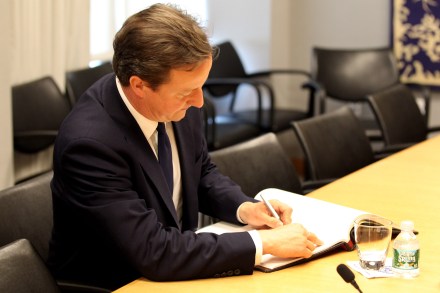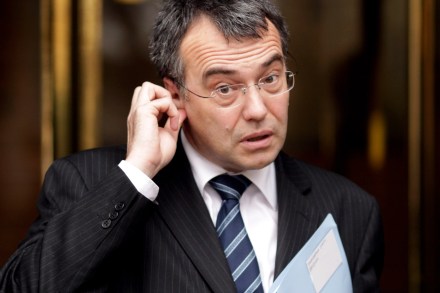Boom and bust for Gordon
Iain Martin examines Gordon Brown’s confident policies before and after disaster struck and finds them wanting In a previous life, working on Scottish newspapers, I used to take delivery of the occasional article offered by Gordon Brown. The then Chancellor of the Exchequer or one of his aides would call— on the way to the airport from some important gathering — to check that the copy sent by Stone Age fax or then new-fangled email had arrived. It had, I responded ruefully. The piece he had written for the opinion pages had most definitely arrived. It was lying there on my desk staring at me. More than a thousand words

















